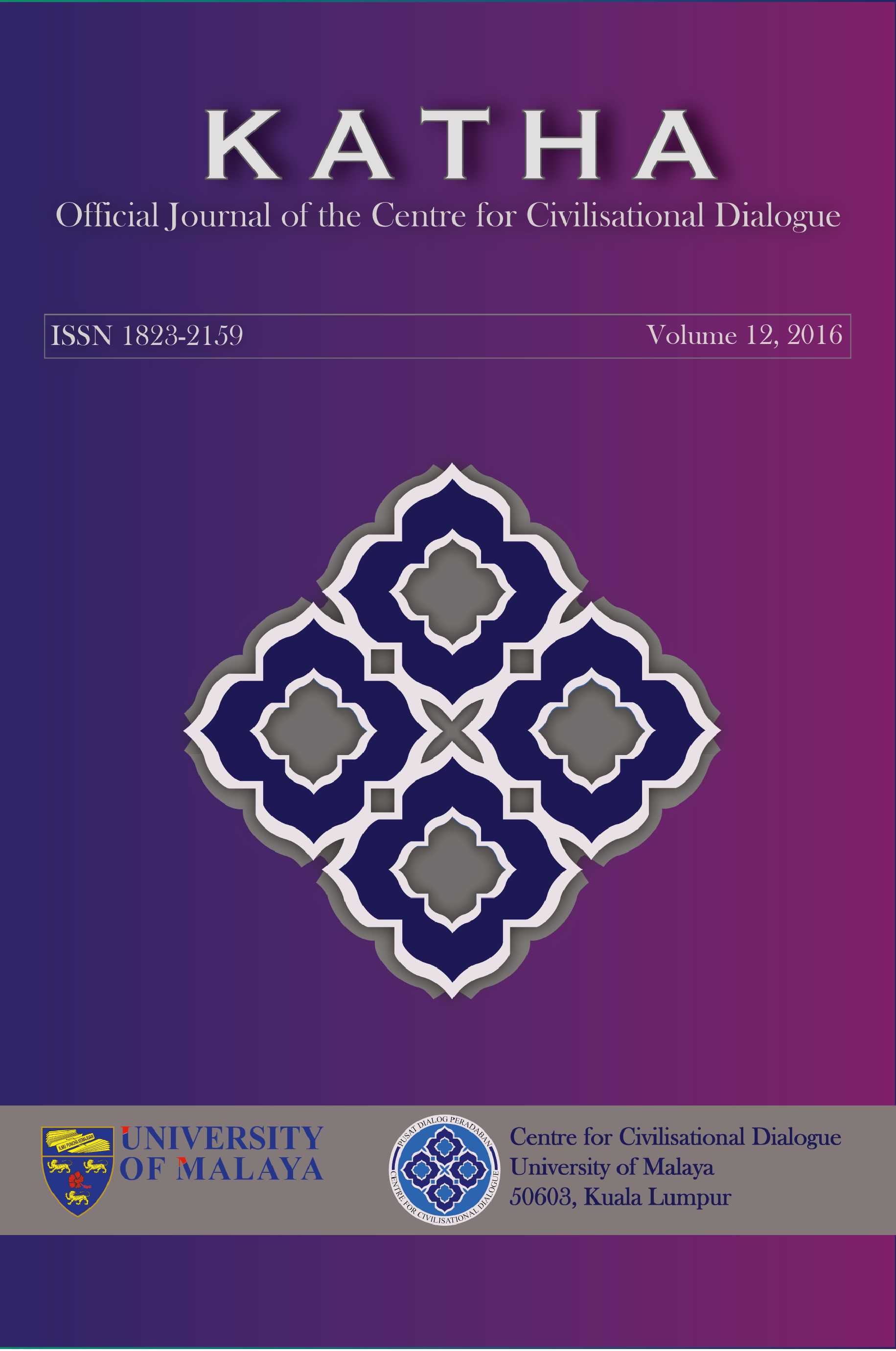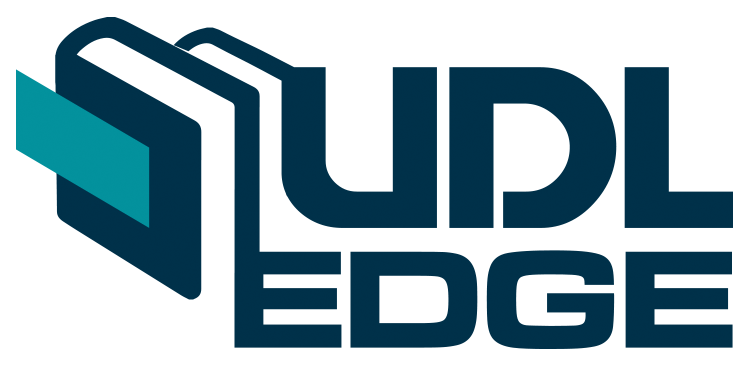A Dialogue on the Role of Muslim Women in the Development of Healthy Economy in Islamic Civilization
DOI:
https://doi.org/10.22452/KATHA.vol12no1.3Keywords:
women, economy, Islam, cultureAbstract
A substantial theme has been encountered by all national policies and plans in the 1990s, with raising the concept of Gender and Development (GAD). This is the time to regard to cultural elements of economic system in the postmodern era as some scholars have tried to defend from green, health and pure economies. Specifically, with the development of concept and empowerment’s of global implications, examination on the position of Islamic economy is required. Women due to their tasks in family, potentially have enjoyed some income sources such as; alimony, dower (mahr) and inheritance. In addition, they can improve their economic status by enhancement on the level of their education and career. Since today, economic and cultural dominance of the West has influenced the Muslim's life style, more than before we need to return to Islamic culture and its adaptation to today's condition. As the objective of study this paper attempts to regard the role of women in Islamic economy.
Downloads
Downloads
Published
How to Cite
Issue
Section
License
Articles submitted to the journal should not have been published before in their current or substantially similar form, or be under consideration for publication elsewhere. Authors submitting articles for publication warrant that the work is not an infringement of any existing copyright and will indemnify the publisher against any breach of such warranty. For ease of dissemination and to ensure proper policing of use, papers and contributions become the legal copyright of the publisher unless otherwise agreed. By submitting a manuscript, the author(s) agree that copyright for the article is transferred to the publisher, if and when the manuscript is accepted for publication. However, it can be reprinted with a proper acknowledgment that it was published in KATHA.

This work is licensed under a Creative Commons Attribution-NonCommercial-NoDerivatives 4.0 International License.




